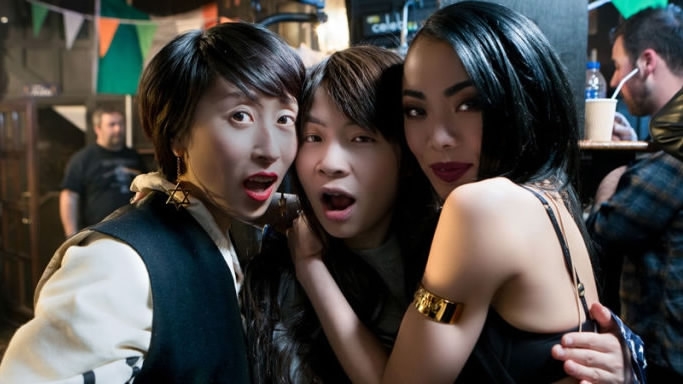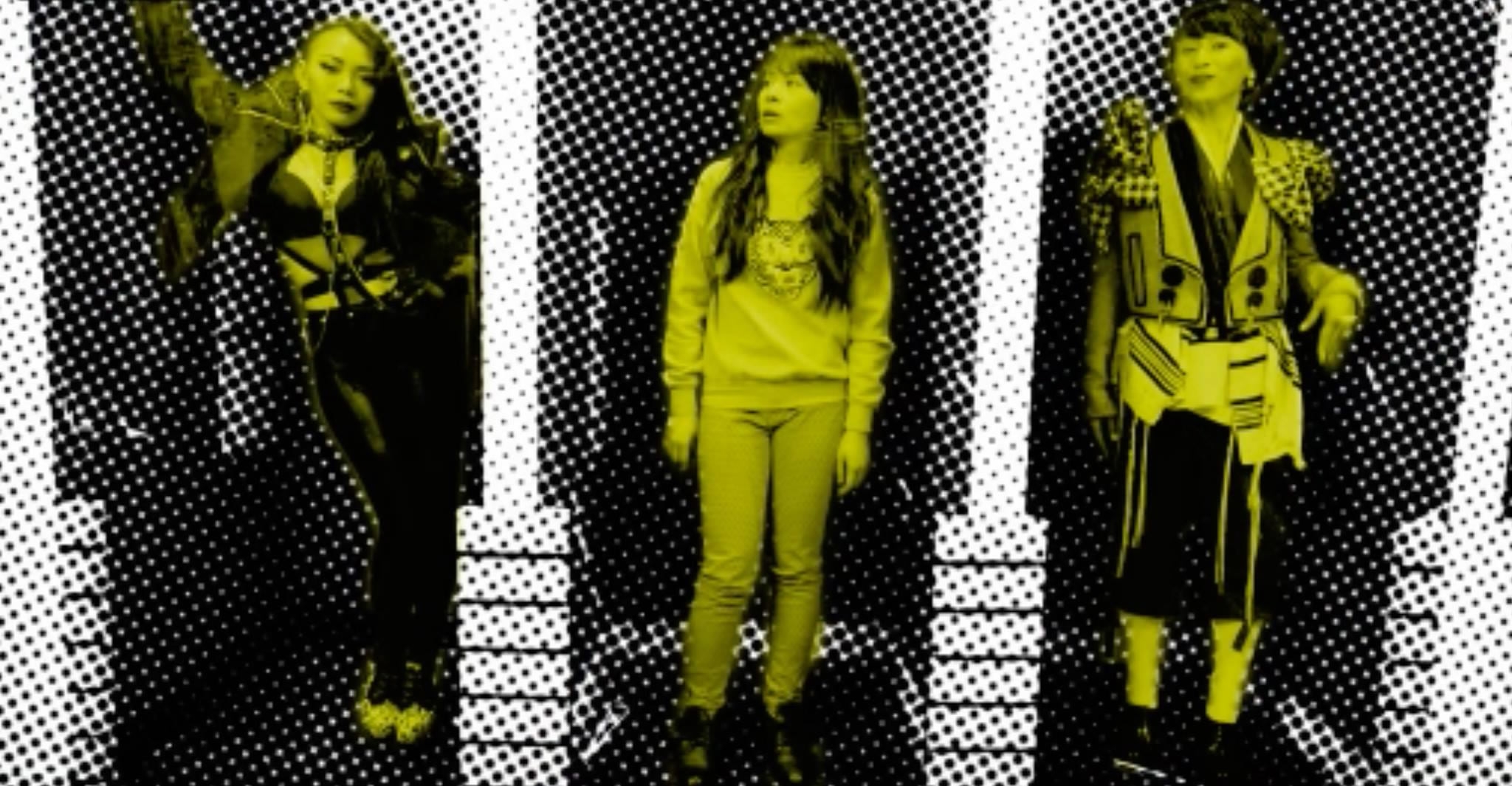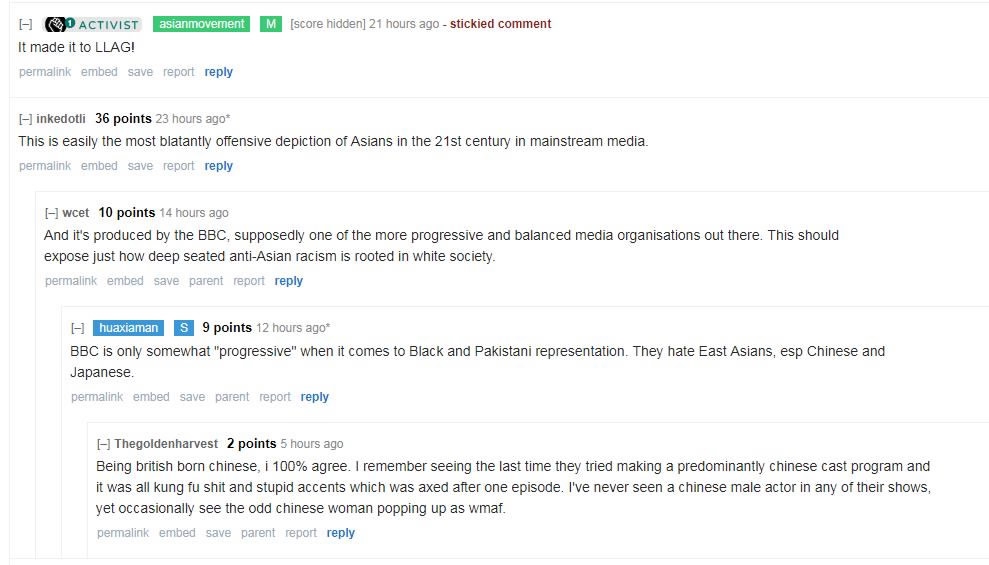
World
23:09, 30-Nov-2017
Does the BBC's 'Chinese Burn' smash or perpetuate stereotypes?
CGTN

BBC Three launched a new comedy series, ”Chinese Burn”, on November 27 which promised to "smash stereotypes" about Chinese women.
But shortly after its first episode aired, it was subject to a backlash by disappointed - and sometimes furious - viewers.
Written by and starring Yennis Cheung and Shin-Fei Chen, the show tells the story of three young Chinese women living in London and shows their daily experiences dealing with Chinese stereotypes.
The premise of the show was seen by many as promising. It is one of the few mainstream programs on Western television to feature Chinese actresses in the lead roles and, as the show's online description states, it aims to take on and dismantle stereotypes surrounding Chinese in Britain.
However after its first episode was broadcast, some viewers took issue with a number of scenes, arguing that they perpetuate some of the stereotypes the show aimed to smash.

Screenshot of "Chinese Burn" trailer. /"Chinese Burn" facebook page Photo
Screenshot of "Chinese Burn" trailer. /"Chinese Burn" facebook page Photo
The show soon became hotly debated by web users.
On Reddit, the show was denounced by furious viewers.
“After seeing this programme approved by the BBC, I would defend a hypothesis that the UK is arguably the most anti-Chinese place in the entire world. Per head, I am sure it has the most murders of innocent Asians for example,” one user commented.
Others were equally unimpressed.

Some viewer feedback posted on Reddit. /CGTN Screenshot
Some viewer feedback posted on Reddit. /CGTN Screenshot
Speaking to online news site i, one of the show’s creators Shin-Fei Chen said, “We’re not locked in the DVD seller, the ‘tiger mum’ or the Chinese prostitute/illegal immigrant. [That] era should be done and dusted, we should move on."
"You’ll have to bring it up but there’s always clever ways of letting people know that these are stereotypes and this is what we’re going against, and it’s an easier pill to swallow with laughter," she said.
“I think they’ll appreciate it as being a breath of fresh air, because a lot of the shows in East Asia are quite formulaic in their own way. A lot of things centre around male leads and the female acts as a function to the male story lines."

SITEMAP
Copyright © 2018 CGTN. Beijing ICP prepared NO.16065310-3
Copyright © 2018 CGTN. Beijing ICP prepared NO.16065310-3